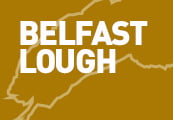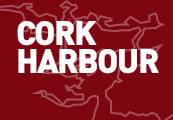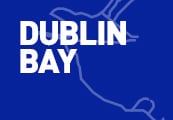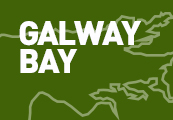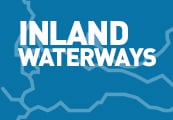Displaying items by tag: Results 2018
Brittany Ferries Reveal Results for 2018 & Urges French Authorities to Keep Trade Flowing Freely Post-Brexit
#ferries - Brittany Ferries resumed service on the Cork-Roscoff seasonal route last week and has recently revealed passenger, freight and financial results for 2018.
According to figures revealed by Brittany Ferries, passengers using the Ireland-France route totalled 86,388 (2016-217) and 97,174 (2017-2018) an increase of 12.5%. In terms of freight vehicles 494 were carried in (2016-2017) and 1,059 were transported during 2017-2018 a significant increase of 114.4.%
The encouraging results across the ferry operator's network come despite the pound being worth around 15% less than it was two years ago. That has proved challenging for a company whose income is generated in pounds sterling, with a cost-base in euros. Further challenges have come from on-going Brexit uncertainty and the effect this is having on summer 2019 bookings.The ferry company carried 2.6 million passengers on all routes last year, an increase of 1.4%. It made a profit of €8 million on a total turnover of €442m.
Brittany Ferries is a French company. But its success is largely built on British customers. In total, 85% of passengers come from the UK. It has therefore used its 2018 results to reinforce an important message to French government: take urgent steps to ensure British holiday makers and freight move freely. The regions of north west France depend upon Brittany Ferries as a significant wealth generator.
On 7 March 2019 Jean-Marc Roué, Brittany Ferries’ president, hosted Jean-Yves Le Drian, the French Minister of Europe and Foreign Affairs. Showing him around Roscoff port and its facilities, Roué talked at length about border controls and customs, as well as health and sanitary checks for goods arriving in France.
“Jean-Yves Le Drian told us that Roscoff will become a border post on the 29th March 2019,” said Roué. “In my view, the return of a border between France and the United Kingdom fully legitimises the return of dedicated air and border police. These Police Aux Frontières (PAF) would work alongside customs services in the same way they currently do in ports like St. Malo, Cherbourg and Le Havre. It is only a short-term solution in the event of a hard Brexit, but I am counting on the Minister to relay this proposal to the Government”
Concerns in France come as planning to minimise traffic queues on the UK side intensifies. Portsmouth, for example, is Brittany Ferries’ UK-hub. Recent exercises led by the Local Resilience Forum suggest that carefully managed traffic solutions can prevent freight delays en-route to the port, should the UK leave the EU without a deal on March 29th.
“We made a profit in 2018 thanks to a combination of careful management and structural change,” added Christophe Mathieu, CEO of Brittany Ferries. “Our positive results come despite the pound being worth significantly less than it was two years ago and as Brexit uncertainty weakens demand for trips to France and Spain this summer.
“We are now preparing for the years ahead. We have invested in three new ships and have made a clear commitment to the regions we serve. The challenge now is one for the French government in particular. All steps must be taken to ensure we have the right frameworks in place in Brittany and Normandy post-Brexit to keep goods flowing freely and to ensure our British passengers have the confidence to sail this summer and in the years to come.”
Brittany Ferries operates 11 routes linking the UK, France, Spain and Ireland with twelve ships, four of which are chartered. In the UK it operates services from Portsmouth to four destinations in France and two in northern Spain. From Poole it sails to Cherbourg and operates a freight-only service to Bilbao.
Plymouth has been linked to Roscoff since the company’s first sailing on 2 January 1973, the day after the UK joined the Common Market (forerunner to the EU). Today ferries also link Plymouth with northern Spain.
More than half a billion euros were spent by Brittany Ferries’ customers visiting France last year. There were 854,000 unique visitors, staying 9.2 million bed-nights. Brittany, Normandy and the Loire were the biggest regional winners. Brittany hosted 295,000 visitors generating €150m in wealth for the region. Normandy welcomed 219,000 guests who spent €78m; the Loire received 143,000 visitors who spent €78m, thanks to British customers.
Three new ships have been ordered post-Brexit, following an investment of €450m in the company’s future. Two of these ships will be powered by LNG (liquefied natural gas), a fuel that reduces sulphur and particulate emissions to almost zero and cuts average CO2 (carbon dioxide) output by around 20 per cent.
When the newbuild arrives at the end of the year, Honfleur will be the first ferry on the English Channel to be powered by LNG. As well as environmental credentials, the new ferry will also embody the company’s drive towards a digital future and ambition to reveal even more fabulous destinations around the coastlines of the European west.

